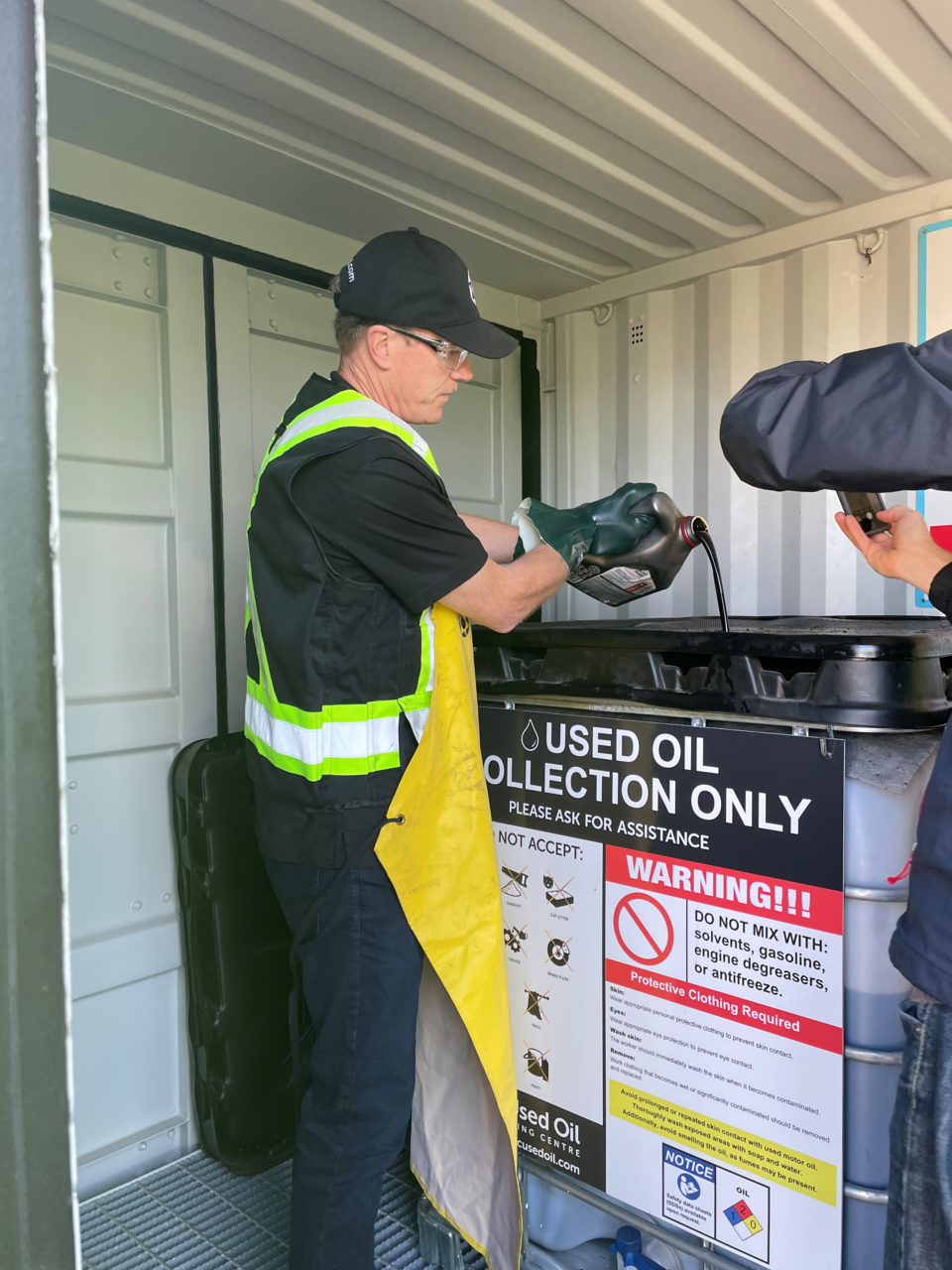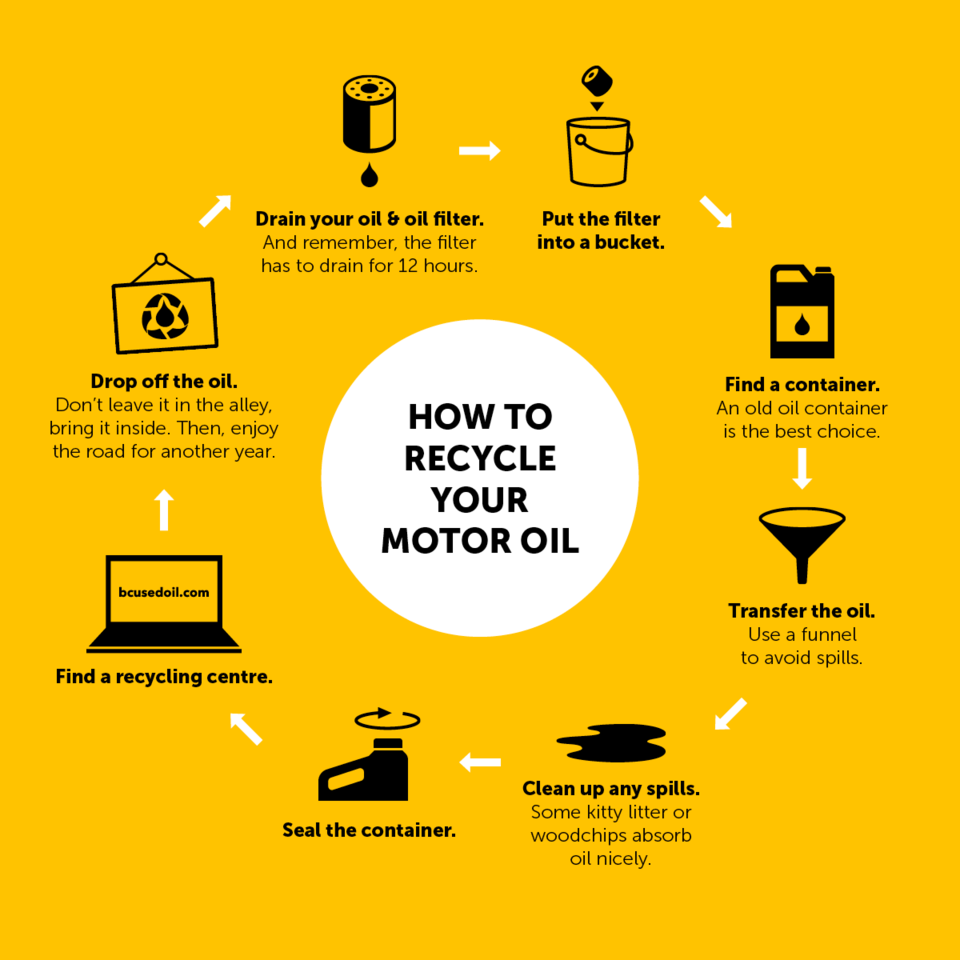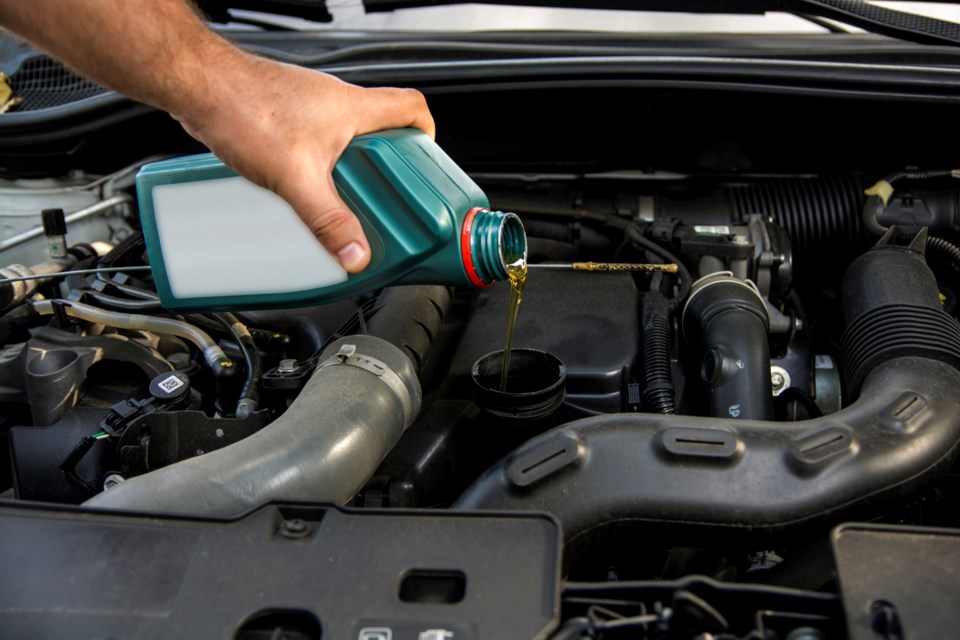Even if you’ve never heard of them, chances are you are already playing an important role in helping the (BCUOMA) collect and recycle used motor oil.
That’s because whenever you take your vehicle in to be serviced at a licensed lube shop or your local dealership, that business is required to ensure the used oil they recover is recycled safely and in an environmentally friendly way.
Additionally, program materials, including used motor oil, antifreeze, oil filters and oil and antifreeze containers, are collected from locations around the province and taken to facilities in B.C. for processing. In fact, of the total materials collected by BCUOMA in 2021, 69% of the used oil and 100% of the used antifreeze were recycled into new products and sold back into the market, promoting a circular economy that can repeat itself indefinitely without losing the quality.

Even used plastic oil and antifreeze containers, and metal oil filters are recyclable in B.C. In fact, in 2021, 100% of the plastic containers and 98% of the filters collected by BCUOMA were recycled into clean materials to make new products.
If that isn’t reason enough to ensure your used oil is recycled, how about this stat: it takes 85% less energy to re-refine motor oil than to produce it from crude oil. Therefore, by capturing and re-refining used oil, BCUOMA eliminates the risk of it getting into and harming the environment.
“BC Used Oil Management Association continues to review opportunities to work with municipalities, private businesses, and nonprofit organizations to increase and improve used oil and antifreeze recycling centres across the province, and ensure that program materials are collected, managed and stored responsibly,” says David Lawes, CEO, BC Used Oil Management Association.
“The more that used oil and antifreeze materials are safely collected and diverted from the waste stream, the greater opportunity for these materials to be re-refined and resold in B.C., which supports the environment and the province’s social and economic structures in a regenerative circular economy closed loop system.”

If you still prefer changing your own oil, here are some helpful tips to ensure it is recycled properly:
· Drain your oil and then transfer the oil into a container using a funnel.
· Clean up any oil spills (kitty litter and wood chips absorb oil nicely).
· Seal the container tightly and store it in a secure location.
· Visit to search for the closest public recycling centre near you.
· Drop off your oil during business hours.
To find the closest public recycling centre where you can drop off your program materials at no cost, visit.



